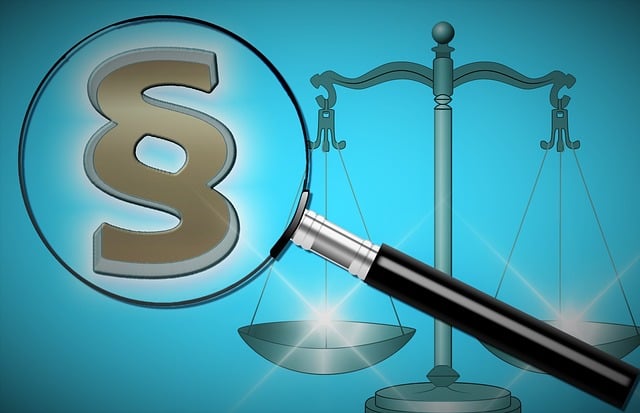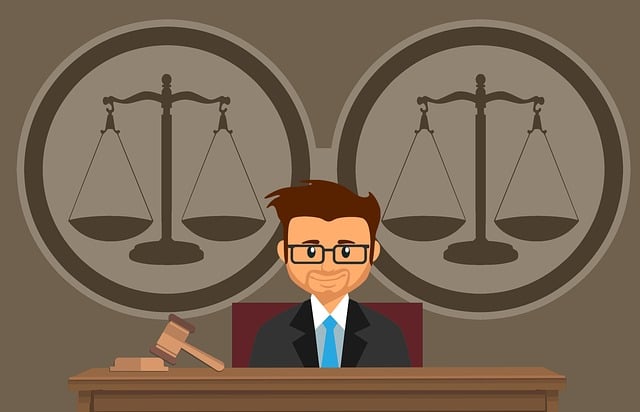Financial fraud, impacting individuals and organizations, requires specialized legal approaches, especially in property disputes. Advanced analytics, machine learning, and AI have revolutionized fraud detection, aiding in identifying patterns and anomalies in extensive datasets. Robust legal frameworks are vital for resolving complex ownership conflicts, protecting genuine owners, and upholding justice. Understanding your Legal Rights in Property Ownership Conflicts is crucial; gather evidence meticulously, consult specialized counsel to navigate the process, and pursue justice to safeguard your interests.
Financial fraud remains a significant global concern, with sophisticated schemes evolving constantly. This article navigates the intricate world of financial fraud detection, offering insights into its various types and common strategies. We explore the pivotal role technology plays in advanced detection methods. Additionally, we delve into legal frameworks and their impact on property ownership disputes, emphasizing the importance of understanding one’s legal rights in such conflicts. Armed with knowledge, individuals can better protect themselves against fraudulent activities.
- Understanding Financial Fraud: Types and Common Schemes
- The Role of Technology in Advanced Fraud Detection
- Legal Frameworks and Property Ownership Disputes
- Protecting Your Rights: What to Do When Fraud is Suspected
Understanding Financial Fraud: Types and Common Schemes

Financial fraud is a complex and evolving crime that touches various aspects of our lives, from personal bank accounts to large-scale investments. Understanding the different types and common schemes behind these fraudulent activities is crucial for both individuals and organizations looking to protect their financial interests. One of the most prevalent forms is identity theft, where criminals impersonate victims to gain access to their accounts or make unauthorized transactions. Another scheme involves credit card fraud, where skimmers and phishing attacks are used to steal sensitive information.
Property-related disputes, including conflicts over legal rights in property ownership, can also be exploited for fraudulent gains. These situations often involve complex interactions between individuals, businesses, and even philanthropic and political communities. While general criminal defense strategies may apply, the specifics of financial fraud require a nuanced approach. In many cases, jury trials play a significant role in deterring potential perpetrators and compensating victims, ensuring that justice is served in these intricate legal battles.
The Role of Technology in Advanced Fraud Detection

The evolution of technology has played a pivotal role in transforming financial fraud detection methods. Advanced analytics, machine learning algorithms, and artificial intelligence (AI) are now at the forefront of identifying suspicious activities and patterns that were once difficult to detect manually. These technological tools enable financial institutions to analyze vast datasets, including transaction records, customer behavior, and market trends, to uncover potential fraudulent schemes. By employing these advanced methods, institutions can stay ahead of evolving fraudsters who often exploit digital platforms and networks.
In the context of property ownership conflicts, where legal rights are at stake, technology also serves as a powerful ally in fraud detection. The ability to cross-reference and verify documentation, identify anomalies in property transactions, and track financial movements can help uncover fraudulent activities related to real estate. This is particularly relevant in cases involving corporate and individual clients accused of white-collar crimes or seeking general criminal defense strategies. By leveraging technology, legal professionals can strengthen their arguments and ensure a more robust understanding of the facts during complex financial investigations.
Legal Frameworks and Property Ownership Disputes

In the realm of financial fraud detection, understanding legal frameworks is paramount to navigating complex property ownership disputes. These conflicts often arise when individuals or entities claim rights over assets acquired through fraudulent means. The onus lies on investigative bodies and legal professionals to uncover the truth, ensuring that justice serves as a robust defense against false accusations. By examining transaction records, financial statements, and witness testimonies, authorities can build a solid case, protecting the legitimate owners of property while upholding their legal rights.
Strong legal frameworks empower financial institutions and individuals alike to resolve such disputes effectively. Achieving extraordinary results in these cases requires meticulous attention to detail, including the careful consideration of both civil and criminal regulations. Winning challenging defense verdicts against fraudulent claims can be a delicate balance, but it is crucial for maintaining integrity within the financial sector. By fortifying legal rights in property ownership conflicts, societies foster an environment where honest transactions thrive, thereby avoiding indictment for those who have been wrongfully implicated in fraud schemes.
Protecting Your Rights: What to Do When Fraud is Suspected

When faced with suspected financial fraud, it’s crucial to understand your legal rights. The first step is to gather evidence meticulously—this could include bank statements, contracts, emails, or any communication that might be relevant. Documenting every interaction and transaction can significantly aid in resolving the issue.
If you believe you’re a victim of fraud, don’t hesitate to seek legal counsel specializing in property ownership conflicts and white-collar crimes. They can guide you through the process, which may involve reporting the incident to authorities and pursuing justice. An unprecedented track record of successfully defending against such charges demonstrates the expertise these professionals bring. Remember, acting promptly could lead to a complete dismissal of all charges, ensuring your rights and interests are protected.
Financial fraud detection is a complex yet essential aspect of safeguarding individual and institutional financial security. By understanding common types and schemes, leveraging advanced technology, and navigating legal frameworks, we can better protect ourselves from fraudulent activities. When facing property ownership disputes, knowing your legal rights is crucial. Stay vigilant, keep informed, and take proactive steps to mitigate risks, ensuring a safer financial future for all.






